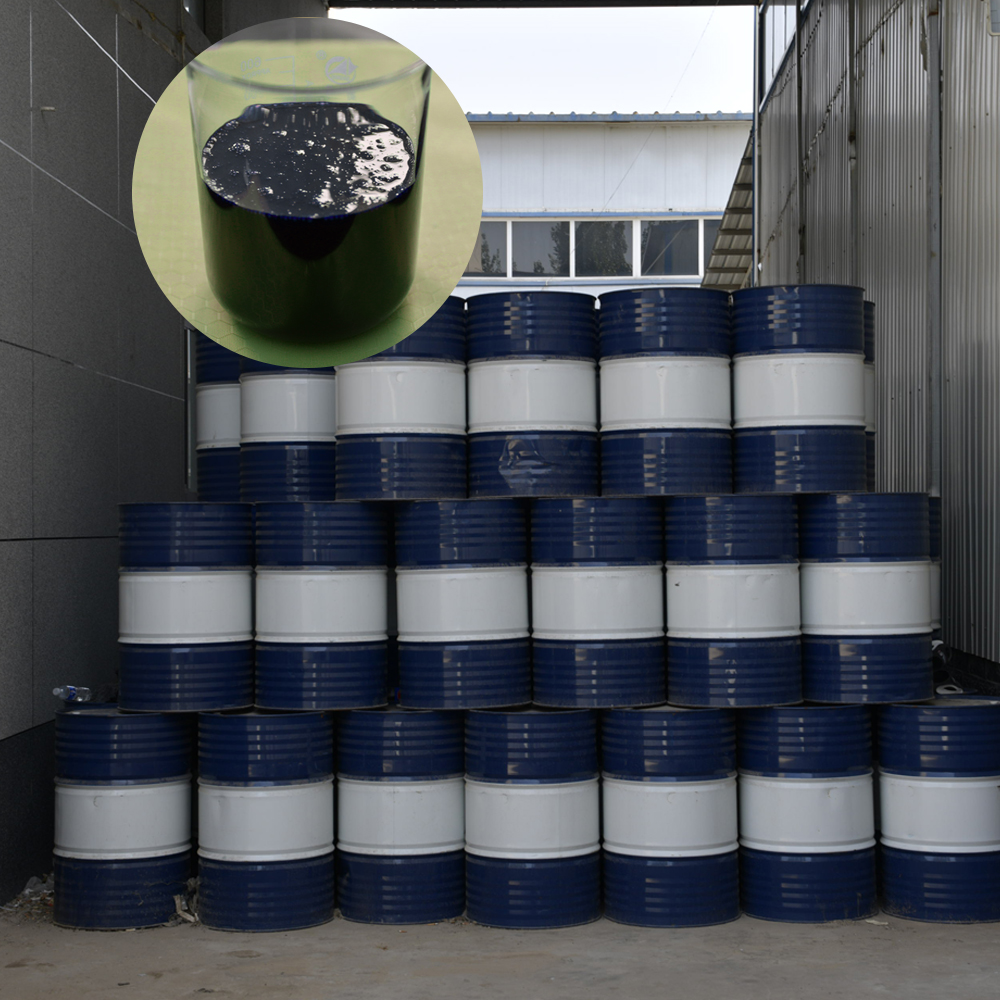Inhoudsopgave
Benefits of Using Warm Mix Asphalt Additives
Warm mix asphalt additives have revolutionized the way asphalt is produced and laid Down on roads. These additives are agents that are mixed with traditional hot mix asphalt to lower the temperature at which the asphalt is mixed and laid. This process, known as warm mix technology, offers a wide range of benefits that make it a popular choice for road construction projects.
One of the key benefits of using warm mix asphalt additives is the reduction in energy consumption. Traditional hot mix asphalt requires high temperatures to be produced, which in turn requires a significant amount of energy. By using warm mix additives, the temperature at which the asphalt is mixed and laid can be lowered, resulting in lower energy consumption and reduced greenhouse gas emissions.
In addition to being more environmentally friendly, warm mix asphalt additives also offer improved workability and compaction. The lower mixing temperature allows for better coating and adhesion of the asphalt binder to the aggregate particles, resulting in a more uniform and durable pavement. This improved workability also allows for longer haul distances, which can help reduce transportation costs and improve overall project efficiency.

Another benefit of using warm mix asphalt additives is the extended paving season. Traditional hot mix asphalt is typically only produced and laid during the warmer months of the year when temperatures are high enough to facilitate the mixing and laying process. With warm mix technology, however, asphalt can be produced and laid at lower temperatures, allowing for a longer paving season and increased flexibility in project scheduling.
Furthermore, warm mix asphalt additives can help reduce worker exposure to fumes and odors. The lower mixing temperature of warm mix asphalt means that less harmful emissions are released into the air during the production and laying process. This can create a safer and more comfortable working Environment for construction crews, as well as reduce the impact on surrounding communities.
In addition to these benefits, warm mix asphalt additives can also improve the overall performance and longevity of the pavement. The lower mixing temperature results in a more homogeneous mix, which can Lead to reduced cracking and rutting over time. This can help extend the life of the pavement and reduce the need for costly repairs and maintenance in the future.
Overall, warm mix asphalt additives offer a wide range of benefits that make them a valuable tool for road construction projects. From reducing energy consumption and improving workability to extending the paving season and enhancing pavement performance, warm mix technology agents are a cost-effective and environmentally friendly solution for producing high-quality asphalt pavements. By incorporating warm mix additives into their projects, contractors can achieve superior results while also reducing their environmental impact and improving worker Safety.
Comparing Different Warm Mix Technology Agents for Asphalt Production
Warm mix technology has revolutionized the way asphalt is produced, offering numerous benefits over traditional hot mix methods. One key component of warm mix technology is the use of additives that lower the production temperature of asphalt, reducing energy consumption and greenhouse gas emissions. In this article, we will compare different warm mix technology agents used in asphalt production and discuss their advantages and disadvantages.
One popular warm mix technology agent is zeolite. Zeolite is a naturally occurring mineral that can be used as an additive to reduce the production temperature of asphalt. It works by absorbing moisture from the asphalt mix, allowing it to be mixed at lower temperatures. Zeolite has been shown to improve the workability of asphalt mixes and reduce the amount of energy required for production. However, zeolite can be expensive and may not be readily available in all regions.
Another common warm mix technology agent is chemical additives such as Sasobit or Evotherm. These additives work by coating the asphalt binder particles, reducing the viscosity of the mix and allowing it to be produced at lower temperatures. Chemical additives are typically more cost-effective than zeolite and can be easily incorporated into existing asphalt production processes. However, some chemical additives may have negative environmental impacts, so it is important to carefully consider the sustainability of these agents.
Foaming agents are another type of warm mix technology agent that is gaining popularity in the asphalt industry. These agents work by introducing air into the asphalt mix, creating a foam that reduces the viscosity of the binder and allows for lower production temperatures. Foaming agents are easy to use and can be applied to both batch and continuous mix plants. However, foaming agents may require additional equipment and may not be suitable for all types of asphalt mixes.
| No. | Name |
| 1 | Warm mix asphalt additive |
In addition to these warm mix technology agents, there are also hybrid additives that combine different technologies to achieve optimal results. For example, some additives combine chemical agents with zeolite or foaming agents to improve the workability and performance of the asphalt mix. Hybrid additives offer the benefits of multiple technologies while minimizing their drawbacks. However, hybrid additives may be more expensive than single-agent solutions.
When choosing a warm mix technology agent for asphalt production, it is important to consider the specific requirements of the project, including the climate, traffic volume, and budget. Each type of agent has its own advantages and disadvantages, so it is essential to conduct thorough research and testing before making a decision. Additionally, it is important to consider the long-term sustainability of the chosen agent and its impact on the environment.
In conclusion, warm mix technology agents play a crucial role in improving the sustainability and efficiency of asphalt production. By comparing different types of agents and considering their advantages and disadvantages, asphalt producers can make informed decisions that benefit both their bottom line and the environment. Whether using zeolite, chemical additives, foaming agents, or hybrid solutions, choosing the right warm mix technology agent can lead to significant improvements in asphalt production processes.

